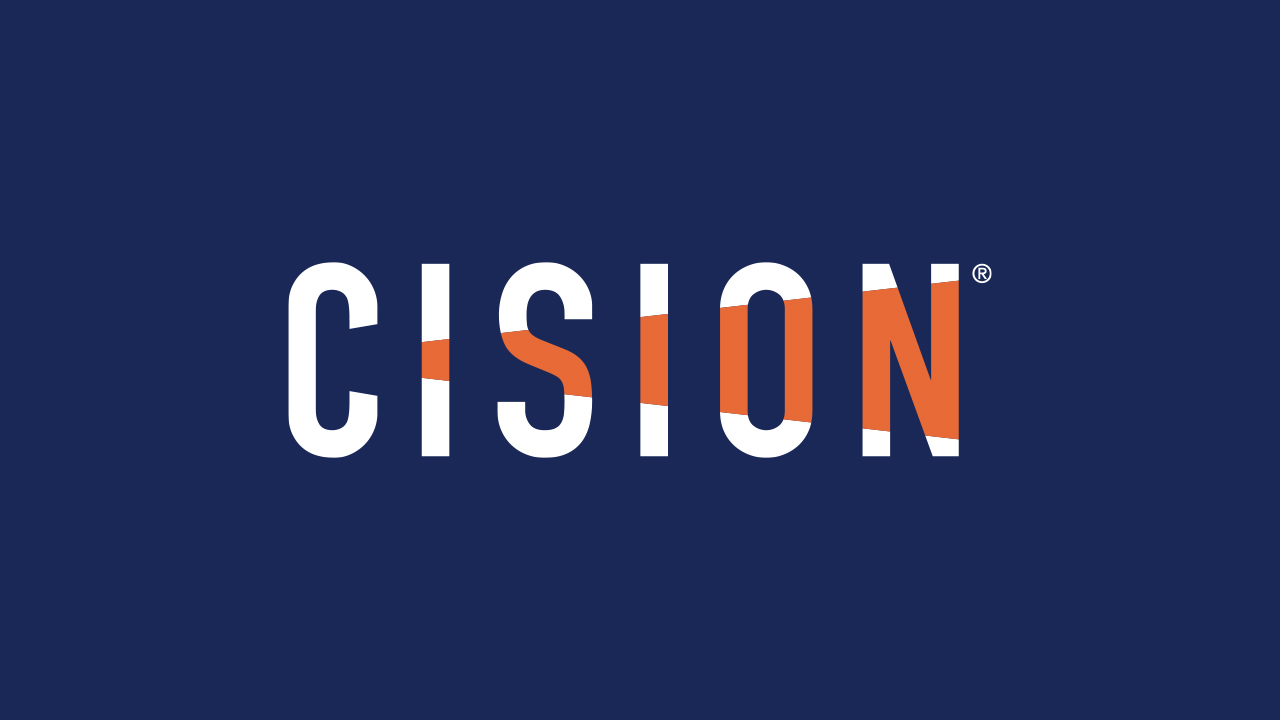I’ve always been something of a young fogey (assuming 28 can still be considered young).
I think the only trend or platform where I’ve been an early adopter was Twitter. I still used Bebo long after everyone had migrated to Facebook, was typing away on Facebook Messenger when everyone moved to WhatsApp and I still prefer Snapchat to Instagram stories (and let’s not even get started on TikTok or Reddit).
Given this reticence to jump on a bandwagon, you’ll be unsurprised to know that I’ve never been 100% convinced about the effectiveness of influencer marketing. Throwing a load of money at someone to promote something, whether they be “old-fashioned” celebrity partnerships or with social influencers, has always seemed something of a blunt instrument.
The influencer marketing fallout
As audiences became wiser to traditional celebrity partnerships, marketers realised they could reach more engaged audiences by using social influencers. The promotions would also appear more authentic by working with these social influencers, rather than celebrities who had obviously been paid.
But this influencer gold rush led to a Wild West environment, with fake followers and bots, unclear labelling of paid partnerships and a market driven by follower numbers rather than any real audience insight. While there is now greater regulation of the sector and better targeting of influencers, many of these problems still remain.
The spotlight is now firmly on influencer marketing thanks to the Fyre Festival debacle, and people aren’t impressed by what they see. Almost every week there’s a stain on the sector’s reputation; whether that’s the behaviour of influencers themselves when creating content, fraudulent activity to exaggerate an influencer’s reach or even the impact the industry has on influencers’ mental health.
Is influencer marketing a busted flush?
Ironically, for an influencer marketing sceptic, I think the pendulum has now swung too far the other way, certainly in how the sector is seen by the wider public.
It was wrong to think of it as some sort of marketing silver bullet, it’s also wrong to think of it as having no value. However, with the sector’s reputation plummeting, there’s a possibility that the influencer marketing era could be over before it ever really began.
That’s what prompted Cision’s latest white paper – Is influencer marketing a busted flush? While the title breaks a sacrosanct rule of writing (don’t use a question in a title or headline), it does seem like now is a moment where the influencer marketing sector needs to reevaluate, or face fading away as just another fad.
I wanted to look into influencer marketing with an open mind; not wanting to hype it up like many of those in the sector tend to do, but also not talking it down like others do.
Influencer “relations” provides communicators with an opportunity
During all of my research and conversations with industry experts for the white paper, it was a phrase used by Clarion Communications’ digital director Charlie Bagley: influencer relations.
That’s the opportunity working with influencers provides for communicators; to transfer their traditional media relations skills into the influencer sphere. As the blunt instrument of paying to post becomes increasingly ineffective, comms professionals can position themselves at the forefront of a new way of working with influencers.
As well as examining some of the things which have gone wrong with influencer marketing, our Is influencer marketing a busted flush? white paper also contains examples of great ways brands have worked with influencers and the future strategies you can use to ensure the discipline really does engage audiences.
To find out why the future of influencer marketing is in the balance and the strategies you can use to get the best out of your use of influencers, download the white paper by filling in the form below.








